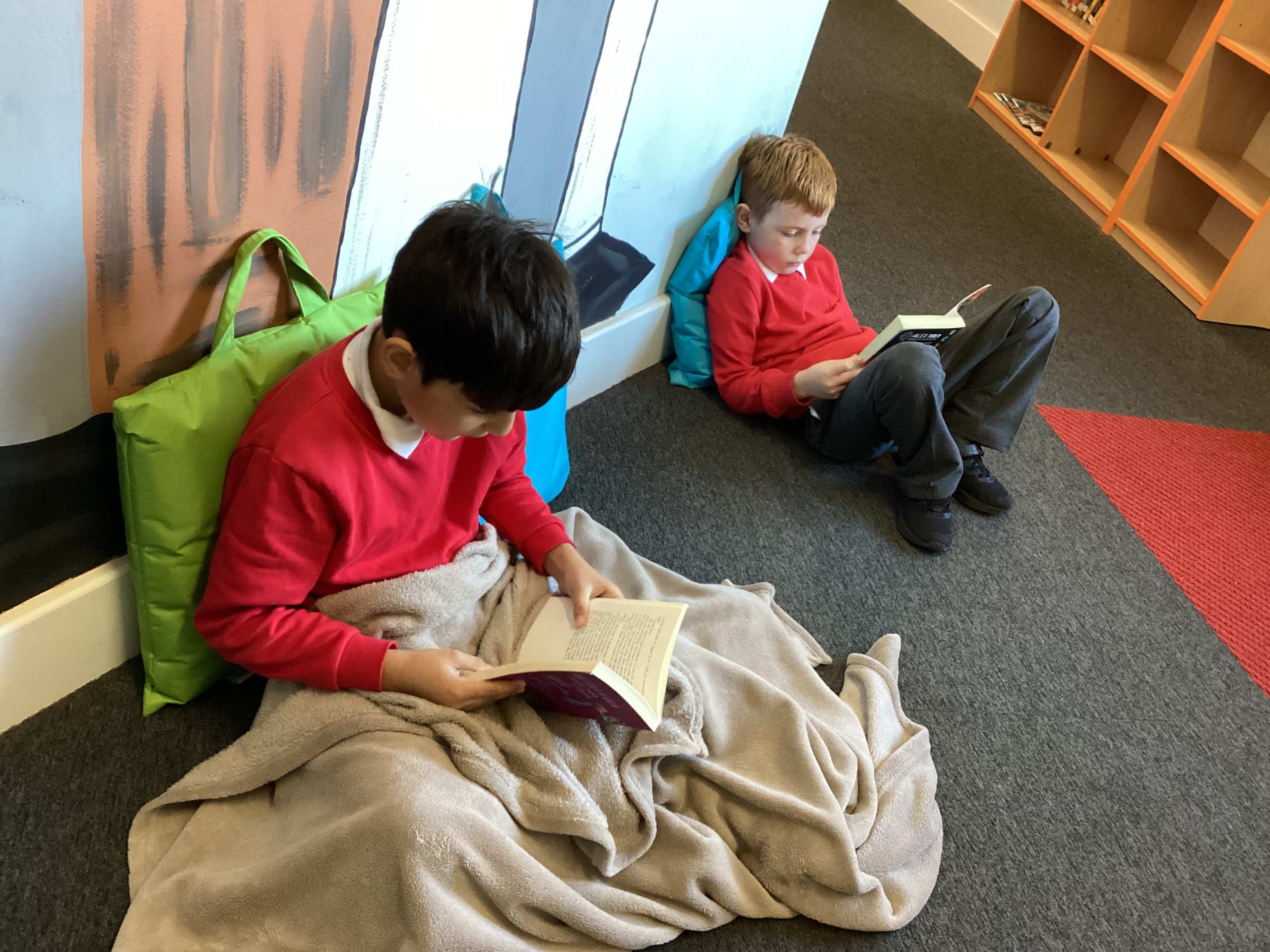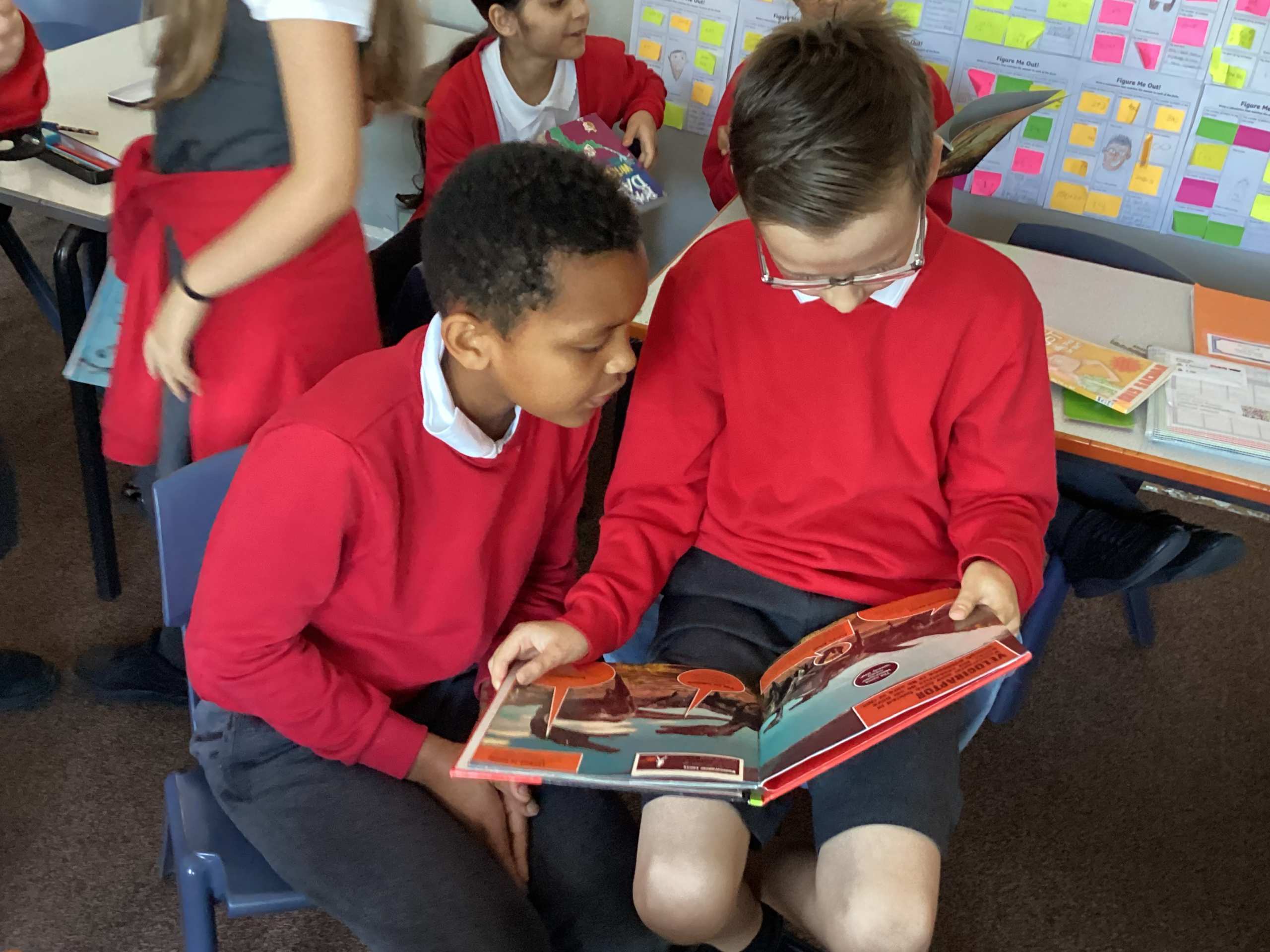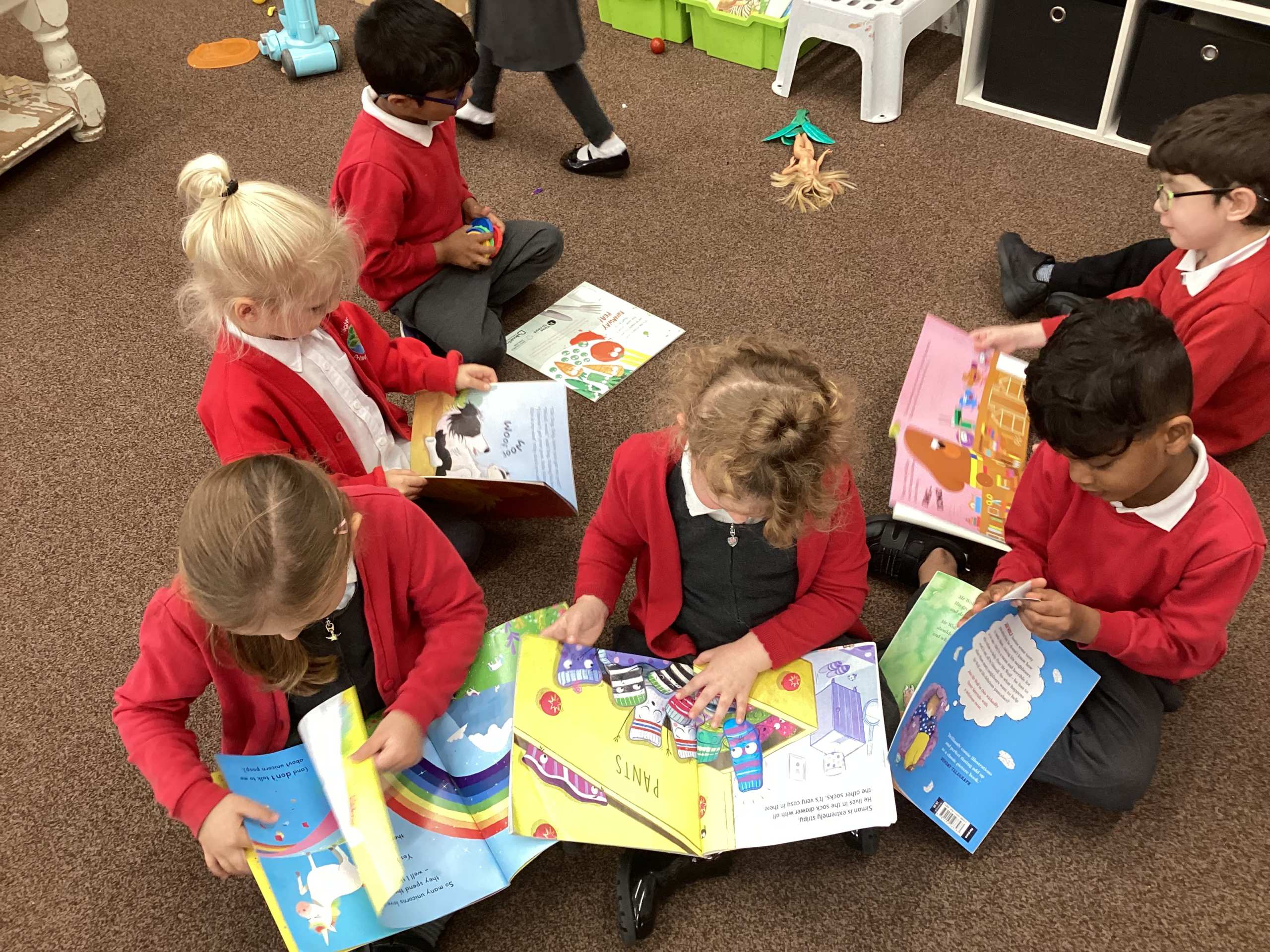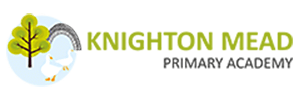By the time children leave Knighton Mead, we expect them to communicate through speaking and listening, reading and writing, with confidence, fluency and understanding and in a range of situations. We aim to equip them with the literary skills and knowledge to aid them with their next step in education. We also aim to foster an enjoyment and love of literature for all children.
At Knighton teachers will deliver the statutory requirements of the NC 2014 English programme of study. All children receive a minimum entitlement of a 4 hours of writing lessons taught thematically across the week alongside discrete spelling, reading, grammar, phonic and handwriting sessions. In addition, it is expected that a variety of cross-curricular links will contribute to pupils learning in speaking and listening, reading and writing.
Writing
In the Early Years Foundation Stage and Key Stage 1, writing is taught through Read, Write, Inc. and in addition to this, cross curricular writing opportunities are planned into the wider curriculum. In Key Stage 2, writing is delivered through a cross-curricular teaching approach. This approach enables all children to experience a wide and varied range of high-quality text types and ensures skills are embedded through teaching across the curriculum. In addition, it enables children to build on prior learning, improve language acquisition and experience a broader and diverse range of texts.
We explore different types of writing at Knighton, such as; persuasions, instructions, reports, recounts, narratives, discussions and explanations. We aim to make writing fun, purposeful and stimulating for our children and by embedding it into our wider curriculum learning, children develop a depth in knowledge, acquire broader and more technical vocabulary and become immerse in the sequence of learning.
Curriculum Maps
YN Writing Spring MTP
YR Writing Spring MTP
YN Writing Autumn MTP
YR Writing Autumn MTP
YR Writing Summer MTP
YN Writing Summer MTP
Y1 currciulum map
Y2 currciulum map
Y3 currciulum map
Y4 currciulum map
Y5 currciulum map
Y6 currciulum map
Reading
Reading at Knighton is divided into two parts: ‘Reading for Progress’ and ‘Reading for Pleasure’. Both are considered equal and are aimed to allow our children to develop the necessary skills in reading and to develop a lifelong love of reading.
‘Reading for progress’ is achieved through continual assessment and matching children to appropriate books that challenge and engage them. Read, write, Inc levelled books are used in EYFS and Year 1, whereas ‘Star Testing,’ ‘MyOn,’ and ‘Accelerated Reader’ are used for pupils from Year 2 to 6. Children are given the opportunity to read and enjoy these books in school during our 20 minute ‘Drop Everything and Read Time’.
Another important element of our ‘Reading for Progress’ approach is our discrete reading comprehension lessons. Within these sessions children are challenged to develop 6 reading domains as part of the UK’s reading curriculum. They are the key areas which we feel children need to know and understand in order to improve their comprehension of texts:
Vocabulary
Inference
Prediction
Explanation
Retrieval
Summarise
Reading for Pleasure is promoted within our school through regular class readers competitions and our ‘Reading for Pleasure Corridor’ – an inviting space for enjoying books that the children choose at break time and lunchtime. Part of our reading for pleasure philosophy, is that no child should be prevented from accessing a book that they show an interest in.
Phonics
To find out more about Read Write Inc. please head to our Phonics page.
Phonics – Knighton Mead Primary Academy
Spelling, Punctuation and Grammar
At the start of every English lesson for years 1-6, children have dedicated time to develop their understanding of spelling, punctuation and grammar.
– Revisit and Review recently and previously learned SPaG
–Teach new word level, sentence level, or text level grammar
–Practise e.g. identifying/find, odd one out, which one is correct games, edit and improve
–Apply their understanding.
Spelling at Knighton follows ‘Spelling Shed’ spelling scheme. Here all spellings are from the statutory spelling list and additional sets either: revise previously visited spelling rules from lower year groups; practise a spelling rule linked to statutory spellings or relate to a word, sentence or punctuation objective from the English Appendix 2 of the NC 2014.
Grammar & Punctuation Progression
Handwriting
Handwriting at Knighton is taught in discrete sessions. We strive for our children to correctly form their letters, joining with a cursive style with pupils having good handwriting habits so that they can write fluently and legibly by the end of KS2. Children start by learning how to form their letters in EYFS using standard form which aligns with RWI. Then, pupils are introduced to pre-cursive style writing before the end of year 2 before continuing to develop through cursive script from year 3 onwards, including learning joining techniques.
We use a cursive (joined) style which starts each letter on the line. Developing a cursive script helps children with spelling as it teaches combinations of letters which link together.
Subject Policies/Plans
Subject Leader/s
Mrs Sunley




